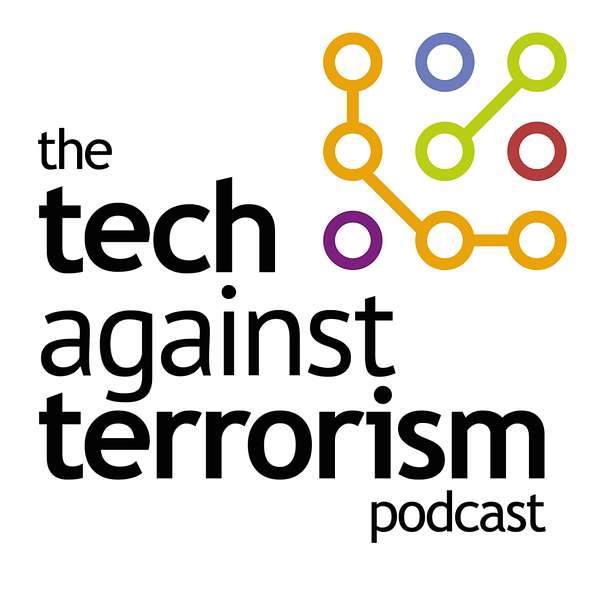
Tech Against Terrorism
Tech Against Terrorism
Incels, online misogyny and gender-based terrorism
Use Left/Right to seek, Home/End to jump to start or end. Hold shift to jump forward or backward.
Incels are members of an online subculture who define themselves as unable to find a romantic or sexual partner despite desiring one and can be characterised by their hatred towards women. Over the last 10 years, attacks claimed by individuals propagating an incel ideology have claimed the lives of almost 50 people, with an average of 8 per attack. Whilst incel attacks often attract a great deal of attention, incels’ concentrate a majority of their activity online, in which they interact with other misogynistic communities in the so-called online “manosphere”. In this episode, we discuss the roots of the incel movement and the contradictions baked into misogynistic incel theories and manifestos. From how the self-deprecation found in incel forums masks the male supremacist ideology, to how ‘Chads’ (the name given to men perceived as genetically attractive) are to be both admired and attacked. We also explore how the conceptualisation of incels, whether as hate speech, violent extremism or even in some cases, as terrorism, affects tech companies online regulation as well as wider counter-terrorism policies.
Anne Craanen and Jacob Berntsson discuss the nuances of misogynist incel ideology. They are joined by two of the most forefront voices in this space: Dr. Debbie Ging, an associate professor in the School of Communications at Dublin City University, where her research is focussed on digital hate, online anti-feminist men’s rights organisations and the incel phenomenon; and Alex DiBranco, the co-founder and executive director of the Institute for Research on Male Supremacism whose research is focussed on the development of right-wing and contemporary misogynist movements. Together, they consider what measures technology companies can take to deal with incel groups - such as partnering with entities that have expertise in countering these forms of extremism. They argue how incels and wider misogyny are a problem both offline and online, and how countering these issues requires collective action from both spheres. They also highlight the importance of the educational level, particularly through encouraging progressive sex education as well as lessons in media literacy and digital ethics. Finally, both agree that some forms of incel violence should be seen as gender-based terrorism.